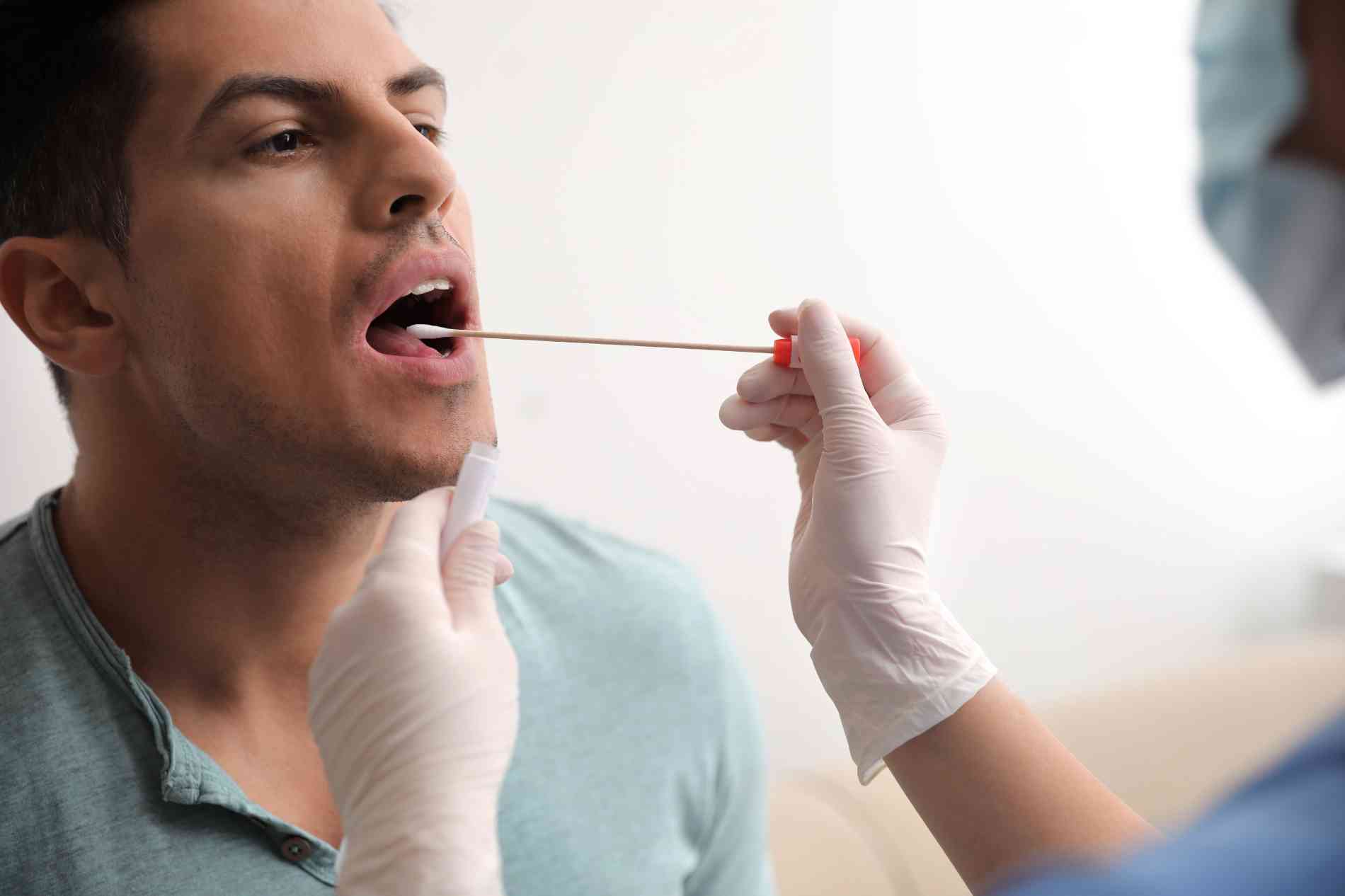Testing accuracy has improved to rival that of urine testing
Wisconsin Drug Testing Consortium (WDTC) is staying attuned to a proposed rulemaking change that is making its way through The Department of Transportation (DOT) approval process pertaining to the use of oral drug testing. The proposed changes cover Mandatory Guidelines for Federal Workplace Drug Testing Programs.
At the center of the proposal is the well-known issue of cheating on urine tests. Combined with privacy issues and shy bladder challenges inherent with completing these procedures at drug testing centers, oral drug testing has been on the DOT’s radar since 2004.
The science involved with oral drug testing has progressed to the point where it is now comparable to urine testing in the detection of drugs and alcohol. The ability for testers to directly observe oral drug testing fluid collection without the downsides of observing urine tests is a significant driver behind these efforts. The fact that oral drug testing is less expensive than urine tests may help compliance efforts as well.
The DOT will not require employers to use oral drug testing instead of urine testing, or for every test reason. Rather, DOT wants to offer employers flexibility to collect either type of specimen.
Oral drug testing is able to detect marijuana use
Marijuana usage has increased significantly as more states legalize its use for medical reasons, recreational use, or both. According to the Pew Research Center, about two-thirds of Americans believe marijuana should be legal, which was more than double the number who said so in 2000.
What makes marijuana a complicated issue when it comes to federal drug tests is the fact marijuana is illegal at the federal level, regardless of what your particular state’s laws say. That means that even if you can legally use marijuana in your state, it still is not legal as far as the DOT is concerned.
Testing positive for marijuana in a DOT-mandated random test disqualifies your driver from being on the road until they fulfill the return-to-work requirements. The oral drug testing window of detection for marijuana is 24 hours, compared with up to 67 days for urine testing detection.
Any qualified oral fluid collector can complete oral drug testing. The test does not have to take place at a drug testing center, as there are fewer requirements for oral fluid collection sites. This will be particularly useful when an employer determines that a DOT post-accident or a reasonable cause test is needed. Collections can take place at the scene of the accident or the incident.
We will keep our customers up to date on oral drug testing provisions as they are announced.
About Wisconsin Drug Testing Consortium
Wisconsin Drug Testing Consortium is an accredited, Certified Third Party Administrator (C-TPA), and specializes in DOT consortium management and Clearinghouse compliance; 100% electronic from your desktop portal; a variety of drug testing methods, including urine, hair and fingernails; post-accident testing; pre-employment drug tests; criminal background checks; supervisor training programs to keep employees compliant with DOT regulations; pre-employment DOT physicals; and paternity DNA testing.
Headquartered in Green Bay, WDTC also has offices in Oshkosh and Appleton, Wisconsin. Call 920-393-4168 or visit https://widrugtesting.com for more information.

